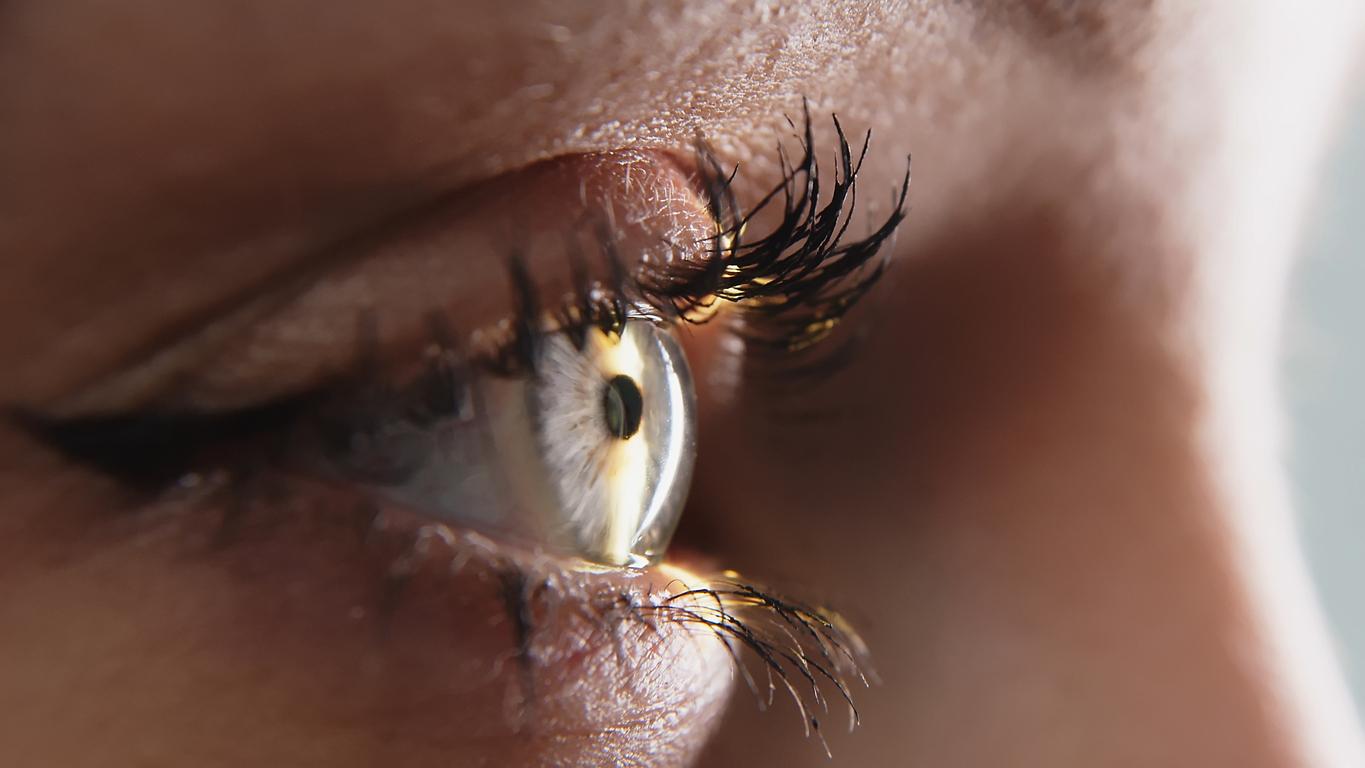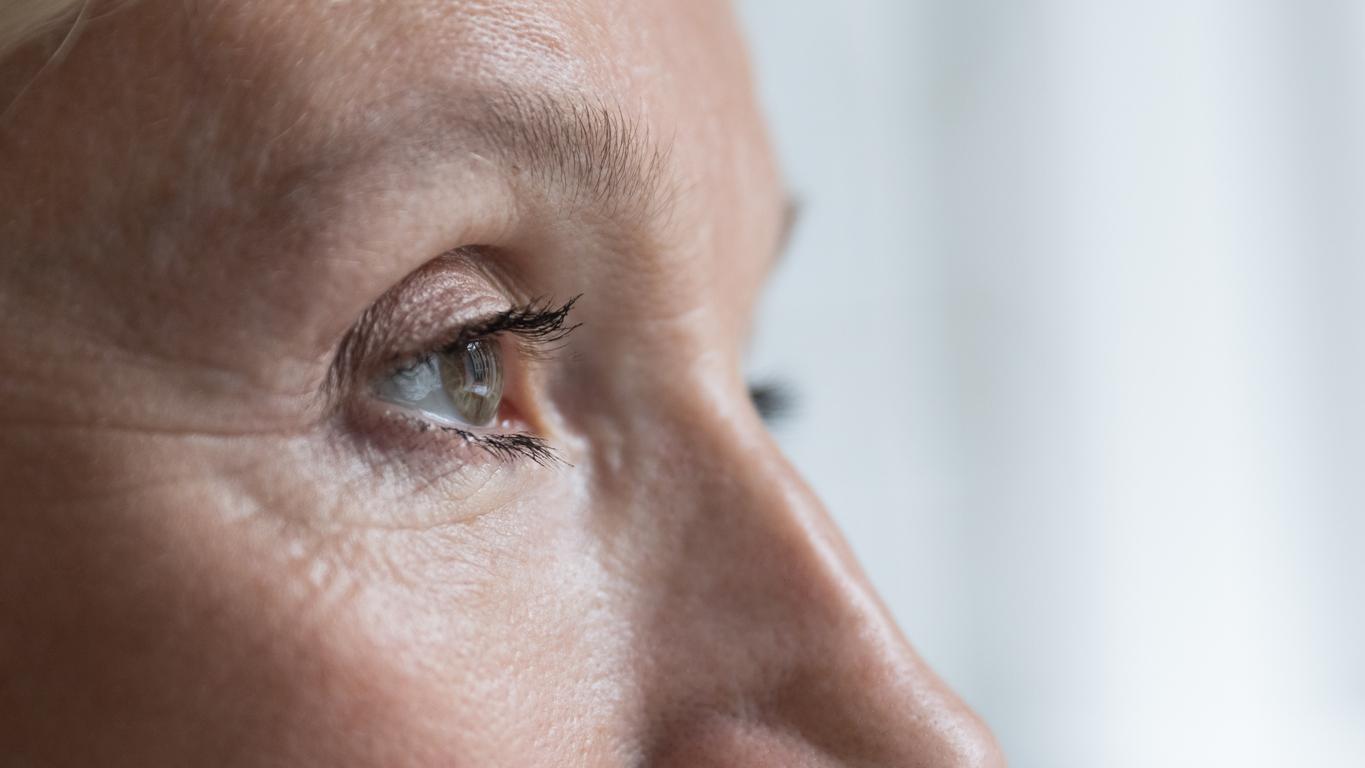People taking melatonin may be less likely to suffer from age-related macular degeneration.

- Taking melatonin was associated with a reduced risk of developing AMD.
- In adults with pre-existing non-exudative AMD, melatonin supplementation was negatively associated with the rate of progression to exudative AMD.
- According to the authors, these results justify the expansion of clinical research on the potential therapeutic efficacy of melatonin in preventing the development of AMD or its progression.
Melatonin is a hormone naturally produced in the brain, whose soporific action helps to fall asleep. The production of this small molecule, which is associated with the sleep cycle, increases at the end of the day in response to darkness. This is why, in recent years, more and more companies are manufacturing and selling melatonin as a dietary supplement to help adults with sleep disorders, including insomnia. “Melatonin has been shown to antagonize several processes known to mediate age-related macular degeneration (AMD), but it is not yet known whether melatonin may confer benefits against AMD.”said researchers from the Cleveland Clinic (USA).
Medical records of nearly 200,000 elderly patients were analyzed
In a new study, they decided to examine the association between melatonin supplementation and the risk of developing or progressing this chronic eye disease, which often leads to blindness. For their work, the scientists used a database of anonymous electronic medical records from inpatient and outpatient healthcare facilities across the United States, between December 4, 2023 and March 19, 2024. In total, the cases of 121,523 adults aged 50 and over without a history of AMD and 66,253 patients with pre-existing non-wet AMD were analyzed. “Patients were then assigned to either a melatonin group or a control group based on their melatonin use.”
Melatonin was associated with reduced risk of AMD
According to the results, published in the journal JAMA Ophthalmologymany of the volunteers with no signs of AMD were taking melatonin supplements regularly. The authors also found that many patients who started taking them after developing the eye condition had slower deterioration than people who were unable to switch to melatonin supplements. “Although lifestyle factors may have influenced this association, these results warrant further investigation into the effectiveness of using melatonin as a preventive treatment for AMD.”the team concluded.


















